Greek Hotels: Health Protocols for post-Covid-19 Restart Officially Announced
The Greek Tourism Ministry has released the health protocols that are to be applied in all of the hotels in the country for their safe reopening and operation in the aftermath of the Covid-19 pandemic.
Recommended dates for the reopening of hotels in Greece (which have been closed since the country first went into lockdown):
June 1: Reopening of year-round hotels
June 15: reopening of all other tourist accommodation establishments (seasonal hotels and resorts)
The specifications for the reopening of Greece’s hotels apply to all types of tourist accommodation establishments regardless of technical and operational features, classification, type and duration of operation.
Every hotel in Greece is obliged to draw up and follow a protocol in accordance with the instructions of the Tourism Ministry.
General information – Mandatory actions
Action plan (hotels with 50+ rooms)
The administration / management of hotels with a capacity of more than 50 rooms are obliged to develop an action plan and individual protocols for each section of the establishment.
More specifically, the aim of the action plan is for the hotel to take measures to prevent and effectively manage suspected Covid-19 cases in order to limit the spread of the virus to staff and guests.
The action plan must comply with the recommendations of Greece’s public health organization – EODY and will be revised according to developments.
According to each action plan:
• hotel management must appoint a health coordinator to supervise that protocol is being followed and individual persons to supervise each hotel section (eg F&B, housekeeping).
• hotel staff must be trained to follow and execute on action plans
• all hotels will be required to have a doctor on call, who will act on the instructions of EODY for testing suspected cases of Covid-19. At the same time, through telemedicine, doctors will be able to monitor suspected cases.
Action plans will note which hotels have been accredited by certification bodies (optional) in terms of taking measures to prevent and treat coronavirus cases.
Operational plan for managing Covid-19 cases (all hotels)
All tourist accommodation establishments, regardless of size, are obliged to draw up an operational plan to be able to manage suspected Covid-19 cases, in accordance to the current instructions of EODY.
Each establishment must appoint a coordinator to supervise that the proper management of suspected coronavirus cases is being followed out.
EODY must be informed on the personal details of all coordinators and collaborating doctors.
Rules
Hotel staff
• All staff members must be aware of how the Covid-19 virus is transmitted; be able to provide information to guests; be trained on practices for cleaning and disinfecting identified spots; follow hygiene rules to avoid transmitting the virus (frequent hand washing, avoiding handshakes, physical distancing, avoiding contact of hands with eyes, nose and mouth and respiratory hygiene)
• Every hotel must provide each staff member with personal protective equipment (masks, gloves)
• Staff are advised to stay home and seek medical attention if they experience symptoms related to the disease, notifying the hotel’s health coordinator.
• It is recommended that staff undergo thermal screening every morning.
• If a staff member comes in contact with a Covid-19 case, they must report it immediately to the hotel’s health coordinator and be excused from work.
Hotel log book
For public health protection, every hotel must keep an updated record of staff members and all guests staying at the hotel – name, nationality, date of arrival and departure, contact details (address, telephone, e-mail), so that communication is possible if a coronavirus case is identified at a later time.
The General Regulation on Personal Data Protection (GDPR) must be observed and all staff members and guests must be informed that their information will be kept on file for reasons of public health protection.
It is necessary to record and update all events that may occur in the log book.
Communication
• All hotels must inform their employees, guests, contractors, suppliers, visitors and the general public on the measures of their action plan.
• It is recommended for all hotels to update their websites with a dedicated Covid-19 section, which will include information on the their new policy of taking increased hygiene measures, changes in opening hours of common spaces and modification of check-in / check-out duration. Hotels may also provide this information with their available means (eg in public TVs, in room TVs, on signage in the hotel and printed information at reception).
Accommodation services
Reception desk / concierge
• Staff members are obliged to follow the necessary hygiene measures (frequent hand washing), keep the appropriate distance (at least one meter from customers) and avoid handshakes.
• When requested, staff should be able to: a) inform guests on the hotel’s rules and the new measures taken to address incidents, b) provide useful information to health care providers regarding the locations of public and private hospitals, Covid-19 reference hospitals and pharmacies in the area and c) provide personal protective equipment (masks, gloves) when requested.
• It is recommended for hotels to provide information leaflets on basic health instructions translated into English, French and German. In addition, hotels can also provide useful coronavirus-information for guests through an application for mobile phones.
• Each hotel must have a medical kit available for the occurrence of an incident, which will include disposable gloves and masks, antiseptics, cleaning wipes, apron, long-sleeved robe, laser thermometer.
• Staff must be in the position to identify symptoms and report them directly to the health coordinator.
• Plexiglass windows can be placed at reception (optional).
• The reception desk must have an antiseptic for use by the customer (fixed or non-fixed devices)
• Frequent disinfection of reception desks is recommended.
• In order for all to maintain a distance of two meters from one another, the hotel should arrange the reception desk and furniture in public areas in such a way in order to keep the space open, add floor markings and properly manage queues in order to reduce waiting times.
• Queuing at reception during check-in / check-out must be avoided
• It is recommended to use electronic alternatives for check in-check out (eg mobile concierge, use of tablets that can be disinfected after each use).
• Credit or debit cards are recommended for payment of hotel costs (cash should be accepted in only exceptional cases). Bills, invoices and receipts are recommended to be sent by email.
• All key cards must be disinfected.
• Mandatory extension of duration of check-out and check-in times between stays (check out by 11am and check in from 3pm) so that rooms can be thoroughly cleaned and disinfected and aired out through natural ventilation.
• Non-hotel guests are prohibited from entering hotels.
Cleaning, disinfection, housekeeping (rooms and public areas)
• All hotels are obliged to follow enhanced disinfection and deep cleaning practices in accordance to EODY instructions. Special cleaning instructions for rooms are also provided for Covid-19 cases.
• All hotels must reinforce their sanitation services in all public areas and pay special attention to cleaning “high-frequency touch points” such as door handles and elevator knobs.
• Meticulous cleaning and very good room ventilation must take place between stays of guests.
• Guests with symptoms should be monitored (discretely).
• The frequent cleaning of rooms during the stay of guests should be avoided (this is for housekeeping staff to avoid coming in contact with possible cases and to prevent further transmission).
• The daily change of sheets, pillowcases and towels should be avoided and only carried out only upon the request of guests.
• It is recommended to remove immaterial objects (pillows, bedding) from all rooms.
• It is recommended to remove shared multi-purpose items such as menus, magazines, etc.
• TV and air conditioner controls should have disposable covers.
• Fabric surfaces (eg furniture upholstery) should be cleaned with a steam appliance.
• The doors and windows of all rooms should be opened daily for natural ventilation.
• Notification (on room doors or inside rooms) is recommended so guests are informed on when and how their rooms were cleaned.
• It is recommended to place individual antiseptic gels in each room.
Food services – Kitchens
• All kitchens in hotels are obliged to follow Hazard Analysis Critical Control Points (HACCP), an internationally recognized method of identifying and managing food safety related risk.
• Goods must be received by specific staff members who always wear gloves and masks.
• All kitchen staff members should keep distance from one another, in accordance to the requirements of health authorities.
• Entrance to the kitchen area is prohibited for the public.
Food services – Restaurants (a la carte, buffet, breakfast rooms) and bars (indoor and outdoor)
• The same rules apply as in restaurants and bars in the country, according to the current legal framework.
All restaurant and bar managers must implement social distancing through table spacing and guest seating.
Playgrounds
The same rules apply as in regular playgounds, according to the current legal framework. Overcrowding should be avoided and social distancing rules apply.
Spa services
The same rules apply as in beauty salons, according to the current legal framework.
Social distancing rules apply (two-meter distance between staff members). Guests are allowed access only by appointment. Optional use of plexiglass windows at the spa’s reception area.
Swimming pools and other recreational water facilities
• Only outdoor swimming pools in hotels are allowed to operate, according to the current legal framework.
• Indoor swimming pools are prohibited from operating.
• Number of bathers: the crowding density in hotel pools is calculated with an index of 5 m2 of water surface per person.
• Physical distancing:
– The layout of seats on swimming pool decks (sunbeds, chairs, sun loungers, etc.) should be such so that the distance between the ends of the seats of two people under two different umbrellas be at least 2 meters in each direction.
– It is recommended for hotels to cover seats, tables, personal storage boxes, staff notification buttons and price lists with materials that can be effectively disinfected.
– All seats, tables, personal storage boxes, price lists and any other items should be disinfected after a guest leaves and before used by another guest.
– It is recommended for hotels to offer towels that will cover the entire surface and disinfect each sunbed / seat after each use. It is recommended to remove fabric surfaces from sunbeds.
Air conditioning and space ventilation
According to the Health Ministry’s guidance on “Taking measures to ensure public health from viral and other infections during the use of air conditioning units”, special attention should be shown on non-recirculation of air and allowing natural ventilation in rooms and other areas (by shutting down the system that deactivates air conditioners when doors are opened).
Venues
Conference rooms, ballrooms and event areas are allowed to operate according to the current legal framework. Rules for social distancing, seating distribution and gathering size apply. A specific number of guests are allowed in each space, depending on size.
Shops operating in hotels
The same rules apply as in shops operating inside other establishments, according to the current legal framework. Social distancing rules apply. Special floor markings should be used for guests to maintain the proper distance (1.5 meters) from one another. Other restrictive rules regard how many people are allowed in one shop, depending on size.
Public areas (outdoor and indoor)
Public areas include lobby, seating area, outdoor seating, etc. (not decks around swimming pools). Social distancing rules apply.
• Recommendation to avoid the use of elevators. Installation of disinfectants at elevator entrances and recommendation for use upon entrance and exit. Frequent cleaning of elevators especially on “high-frequency touch points” such as handles and knobs.
• Signage and floor markings must be used to remind customers to keep their distance from one another.
• Installation of antiseptic solutions (fixed or non-fixed devices) in all public areas.
• Furniture should be moved in public space layout for physical distance to be kept to avoid overcrowding (4 people / 10 sqm)
• Hotels are recommended to allow guests to park their own vehicles rather than provide a valet service. If a valet parking service remains, the valet must wear a non-surgical mask and gloves.
• Hotels are advised to examine the possibility of suspending the operation of inhouse business centers. As an alternative, hotels can provide guests with wifi access. Printing services or other business services can be provided through the connection of a personal device of guests.
• Overcrowding in restrooms should be avoided.
• Rules apply to hotels that offer access to beaches. Physical distancing rules apply for seating (sunbeds, chairs, sun loungers, etc.). The layout of these seats should be as such that the distance between two people under two different umbrellas is at least 3 meters in each direction. Bathers should be discouraged from placing towels or beach mats between umbrellas.
Transfer Service
• For vehicles up to 5 seats, the driver is allowed to transfer only 1 passenger. A second passenger is allowed only if the first passenger needs assistance.
• For vehicles up to 6 or 7 seats, the driver is allowed to transfer 2 passengers.
• For vehicles up to 8 or 9 seats, the driver is allowed to transfer 3 passengers.
• Passenger limits may be exceeded, only if the guests are parents with minors.
• Mandatory use of a non-surgical masks by passengers and drivers.
• It is recommended for drivers to provide antiseptic.
• Drivers must avoid handshakes.
• Drivers must ensure that the vehicle is naturally ventilated.
• Drivers of club cars must wear masks and gloves. The vehicles must be disinfected after each use. There are no restrictions on the number of passengers for open top vehicles (golf cars).
The complete Greek version of the hotel protocols, can be downloaded below:
Health protocols for operation of Greek hotels


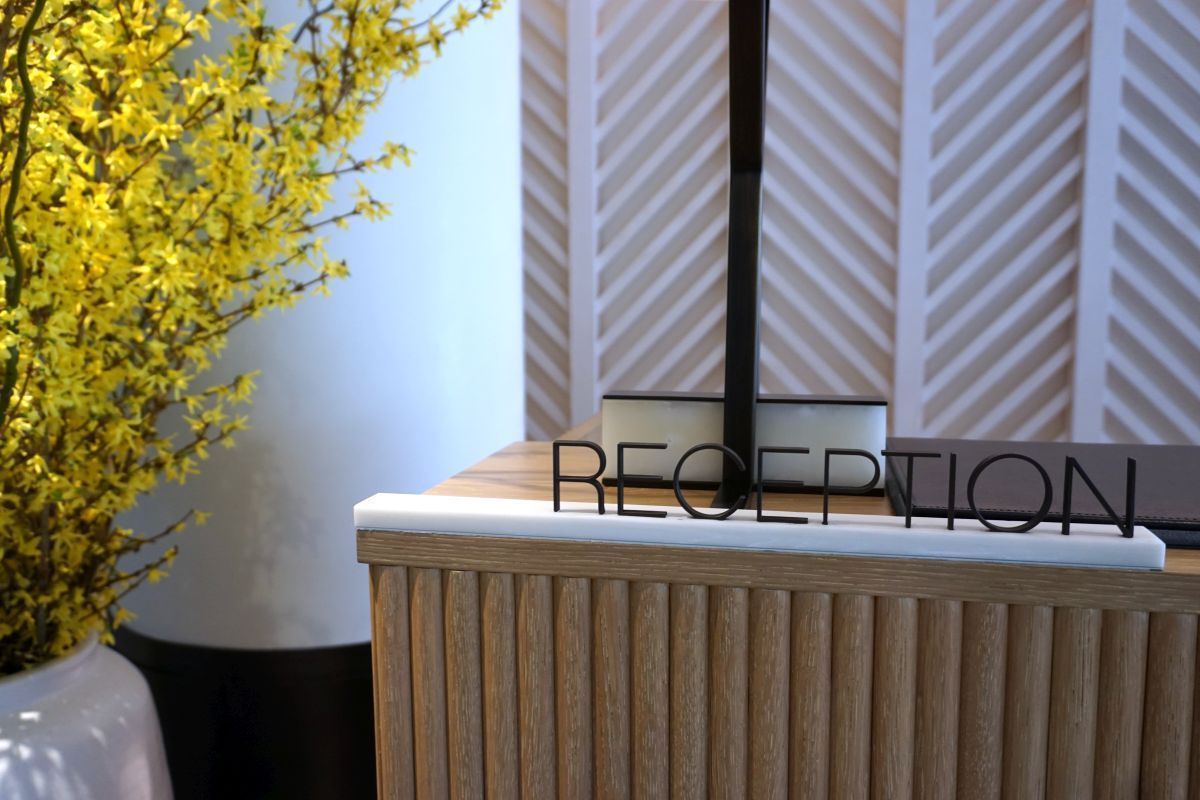
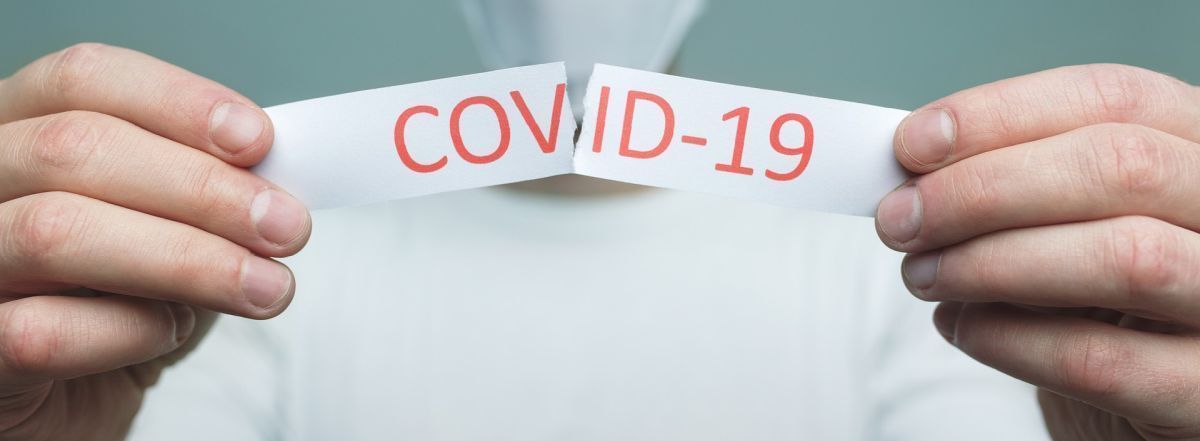

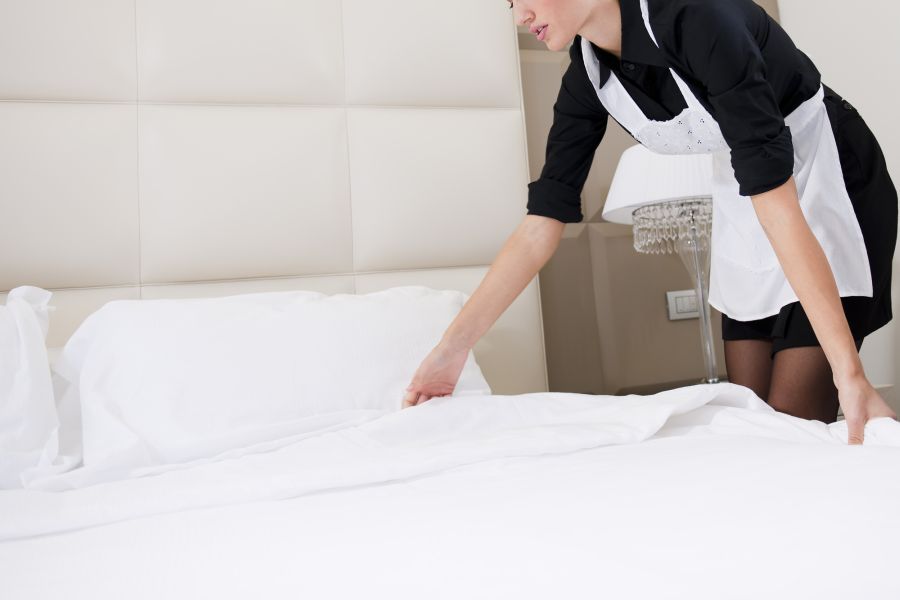
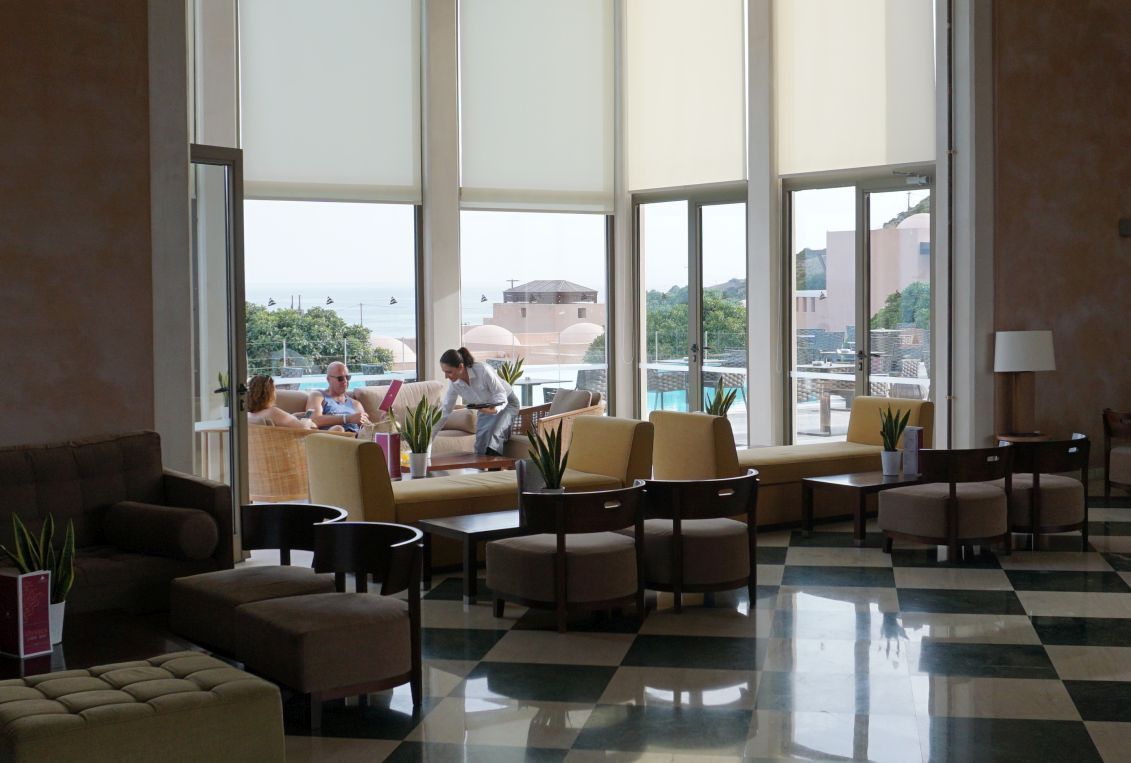
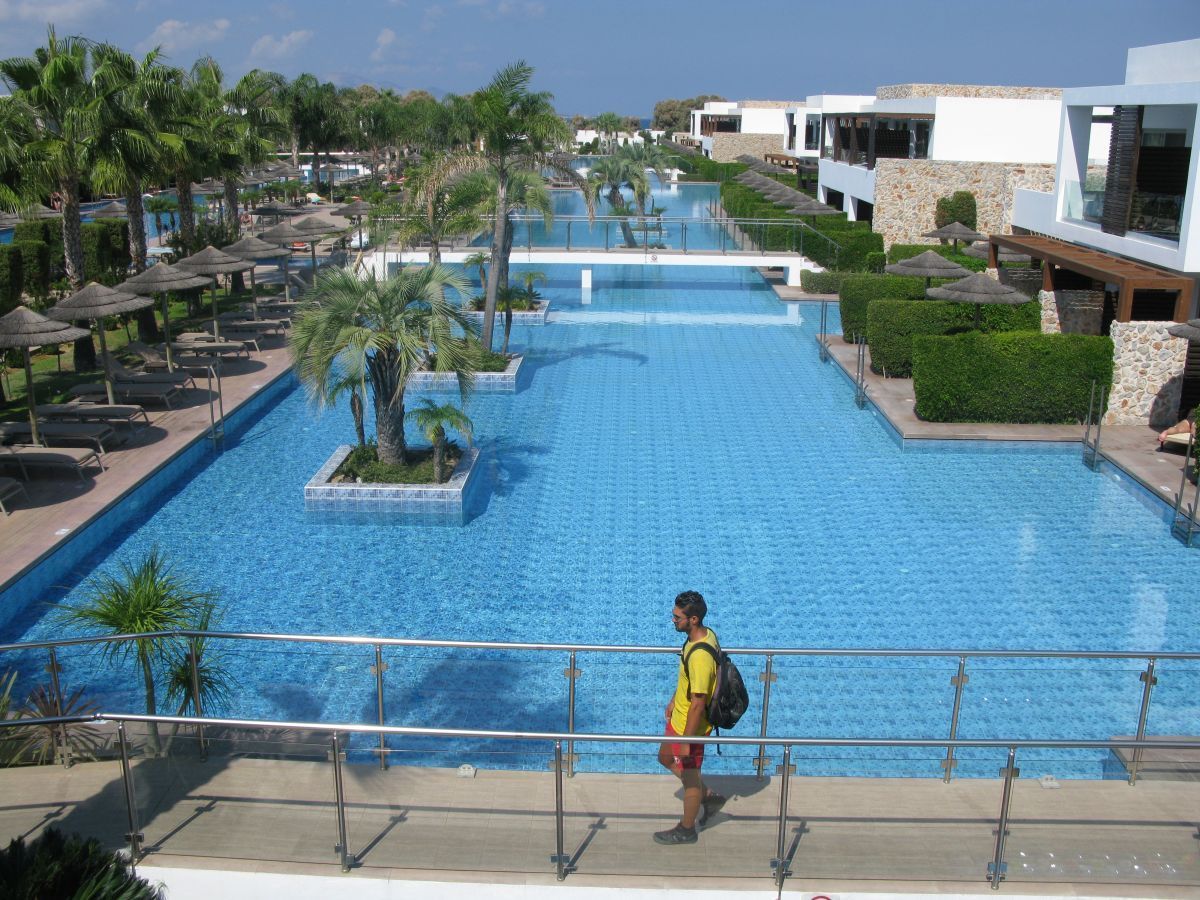
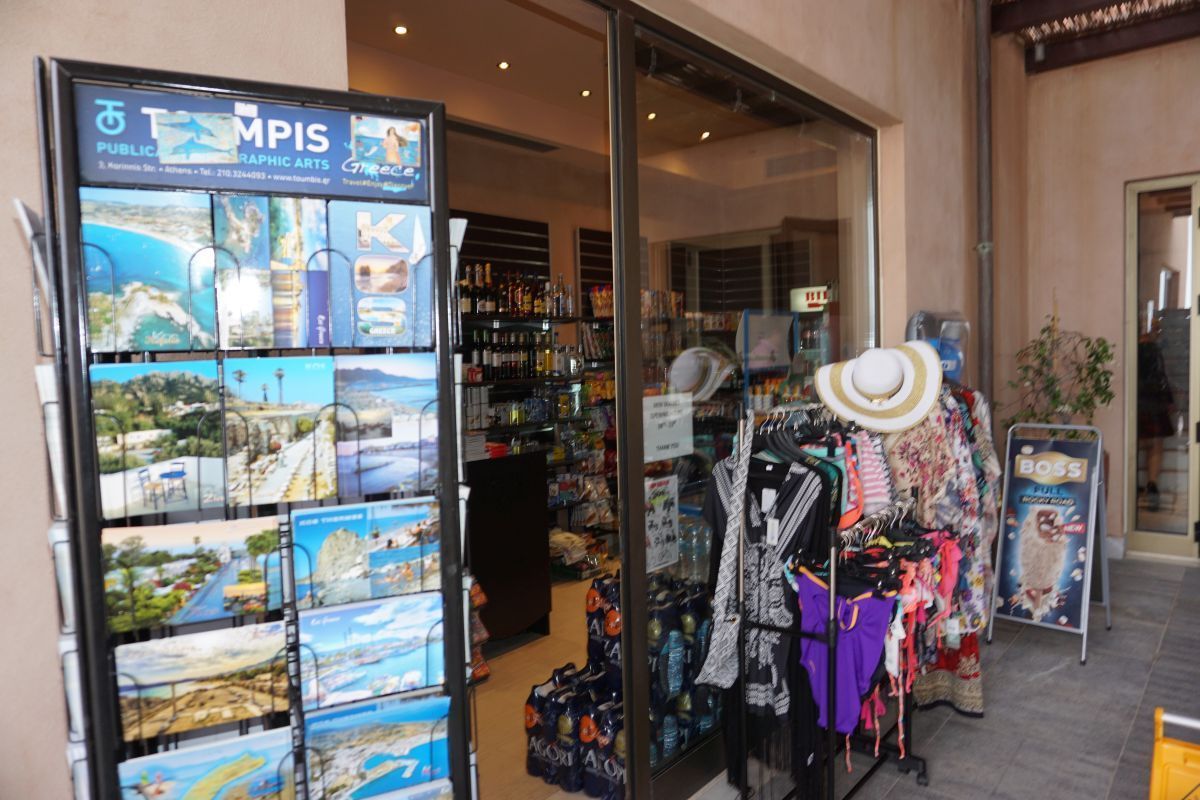
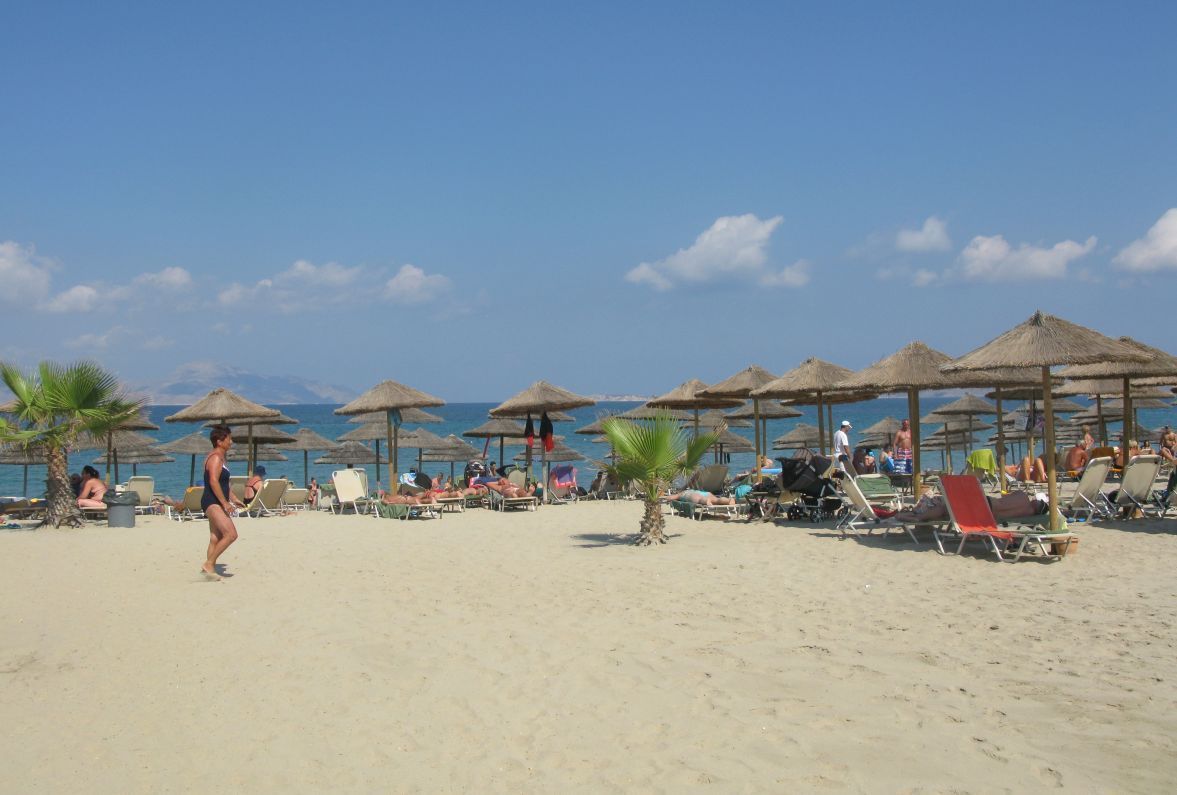




there is any leaflet approved by EODY available to be printed.
We are 11 people booked on a 15 seater minibus, is that ok?
We own a self catering property on the island of Rhodes and are required to nominate an English speaking doctor to be on standby in case a guest reports symptoms. How will this work? What do we say to the doctor, drop everything and see to our guests? What happens if we have a case and the guests need to remain in the property to adhere to the quarantine laws? Would this mean that the next guests can’t access the accommodation and need to find an alternative? At whose cost will this be? Is there any guidance on this for both guests and villa owners?
M Whiteley – did you find out any more information and I have all of the same questions! Many thanks
Hi did anyone answer your question? I too have a self catering house but in Keffalonia and wanted to know what todo
Does the restriction also apply to private cars or only to rented cars, ubers, taxis, etc…? 4 of us would travel by (own) car from abroad in July.
What is the protocol if the transfer is by coach?
If taxis are already allowed to carry two passengers now what’s the point of saying you can only have one passenger in a five seat taxi??
I would think cleaning staff need to go into the rooms weather it’s a hotel or apartments to do the toilet bins at least ?, it wouldn’t be a problem to me if they left bedding /towels and a plastic bag for me to put the dirty sheets /towels in ,
We are a family of 4 and our daughter is 18 now. Does it mean we cannot travel together by car? This doesn’t make any sence, we live together!
Most of these regulations make good sense, but I must agree with Simon B, surely a couple that live together can travel in one taxi, it is ludicrous to say that each person has a seperate vehicle.
to get the virus from a surface you would be very very unlucky, 14 days with out bed linen change is not a good selling point.
The protocol clearly states: “The daily change of sheets, pillowcases and towels should be avoided and only carried out only upon the request of guests.”
There is no mention of hotels letting 14 days go by without changing the linen.
No but it also means that they will likely be changed once per week and not everyday or every 2 days
Transfer Service
• For vehicles up to 5 seats, the driver is allowed to transfer only 1 passenger. A second passenger is allowed only if the first passenger needs assistance.
This is insane. Our hotel has exclusively couples in it. They live together, fly together, but then can’t get in the same car together to go to the hotel?? It makes no sense.
We can stay in the same apartment/ room but we can’t go with the same car? Who invented this rule?
It’s for the drivers safety not the guest. A lot of these are designed to keep the locals healthy too! They could always hire a car.